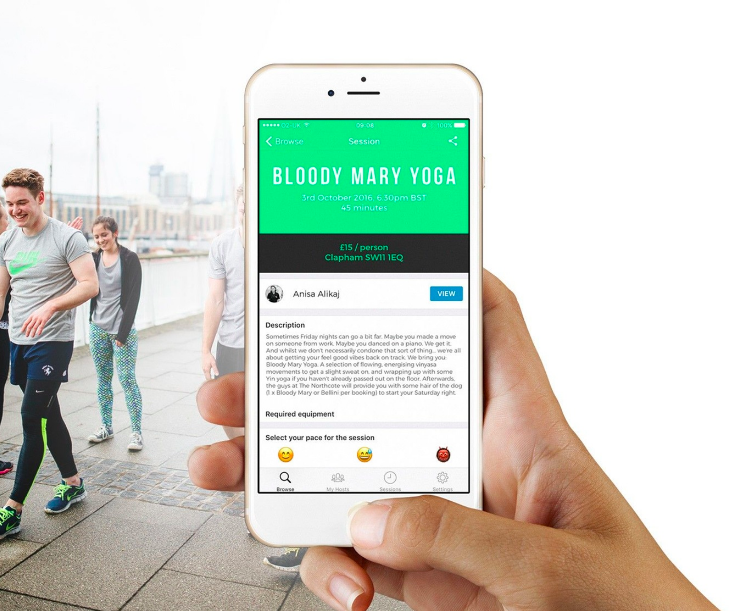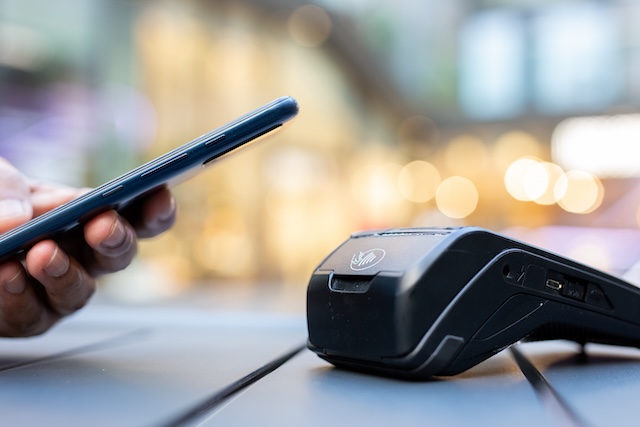There is little doubt about the advantages that 3G can bring to business, as Government advisory service Business Link for London outlines.
High-speed access — 3G will provide high-speed mobile access to the internet and email. This can potentially mean less time – and money – wasted while waiting for web pages or important documents to download.
Remote working
This is one of the more obvious benefits. Workers can access applications such as email, voicemail, company data and accounts, shared diaries and computer networks all remotely.
Instant visual records
3G will offer high-quality picture messaging, an effective way of sending complex information quickly.
Mobile transactions
UK-commerce has been one of the most compelling applications of 3G.
Technology troubles
However, uncertainty remains and opinions are divided over the cost, robustness and roll-out of the technology. Technical hitches have delayed the launch by almost two years and have only served to fuel opinion that 3G may promise much, but has so far delivered little.
Vodafone recently unveiled its consumer 3G offering and launched its business (in the form of datacards) in April 2004. Orange has also recently released its commercial 3G offering to the market.
‘3G is fundamentally about the ability to work anywhere. At present we have 60 per cent coverage and the vast majority of our business customers are happy with it,’ claims Mark Bond, Vodafone Enterprising Manager for Europe, the Middle East and Africa.
Barriers to entry
‘3G roll-out is a couple of years late, and I personally think that it will be a good while before businesses adopt 3G applications and handsets. Applications like picture messaging will be bigger with a younger audience. I think the prospect will become much more interesting if you could use your phone for music, like a personal stereo,’ believes Olly Tagg, founder and managing director of used mobile phone retailer Retrofone.
Michelle de Lussanet, an analyst at Forrester Research, remains somewhat cynical about the current take-up from the business community.
‘There are a couple of barriers – namely cost and uncertainty associated with a new product. Businesses will not appreciate staff visiting websites and downloading ringtones on the company bill, for example. There are also security risks to think about. If you look at what the operators are offering thus far, 3G seems to be much more consumer-oriented, but this doesn’t mean that 3G is only good for consumers.’
Time will tell
Lussanet believes that it will take another couple of years for the technology to mature, but that operators will increasingly be targeting business users.
‘It takes time to get people to change their phones and coverage is an issue. But being connected wherever you are is the future,’ she concludes.
Case Study – Data on the move
At Property Intelligence, a provider of commercial property information, a number of its staff spend much of their time out of the office, either conducting product demonstrations at customer premises, or researching property data to upload onto the company system. Prior to using the latest mobile services, employees were often unable to respond to customer or internal e-mails in a timely manner.
Meetings made easier
The company started using the Blackberry service from Vodafone, and a year later deployed ten mobile 3G/GPRS datacards across its field sales and management teams.
Operations director Matthew Hopkinson believes that the technology has enabled many more meetings to be held away from the office, and says that heavy documents, such as PowerPoint presentations, can be downloaded without the need for a local network connection.
Increasing sales
‘We recently acquired a company in Glasgow. During the final negotiations, the network failed. Using a datacard we were able to connect to the internet and send important legal documents to lawyers in order to close the deal,’ explains Hopkinson.
He adds that since using both Blackberry and its 3G version, ‘the company’s sales force is selling more than ever before and is no longer tied to a desktop connection. From a personal point of view, I would estimate that I am now working about 20 per cent more effectively than before.’
Need to know – Questions to ask your 3G provider
- What features are on offer that are different from existing mobile services?
- What bit rates do you offer for upstream (send) and downstream (receive)?
- How well does the network cover the areas in which I work or travel regularly?
- Can I roam to other providers’ networks where you do not offer coverage?
- Which of the tariff packages would you recommend to someone who uses a mobile phone the way I do?






